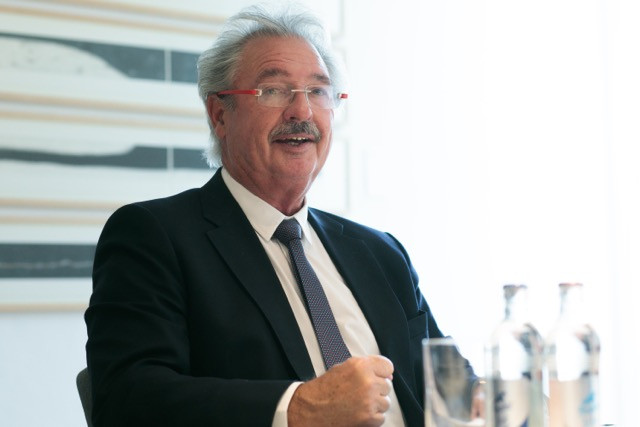A war of words has broken out between the ministry for immigration and asylum, which falls under the foreign ministry portfolio headed by Jean Asselborn (LSAP), and the Lëtzebuerger Flüchtlingsrot (Luxembourg refugee council) collective. The Flüchtlingsrot, which counts some 11 member associations including Amnesty International and Médecins du Monde, on Tuesday accused the Luxembourg authorities of negligence in the processing of asylum applications. It claimed that as a consequence even particularly vulnerable asylum-seekers--the seriously ill, minors, the elderly, victims of violence--were being put on the streets. It also cited instances where applicants had been subjected to body searches and compared immigration officers to the police.
Obtaining a certificate that acknowledges an application for asylum has been made is a prerequisite for claiming a number of fundamental rights and also allows refugees the opportunity to find shelter in one of the grand duchy’s authorised refugee homes. The covid-19 crisis has only exacerbated the situation.
The Flüchtlingsrot says it is not acceptable for the immigration directorate to make a pre-selection. It said it would post staff in front of the asylum application office to inform applicants about their rights and to explain which organisations in the grand duchy they can contact to get help and support.
In a statement on Tuesday evening, Asselborn said that he would welcome a delegation from the Flüchtlingsrot to discuss the situation. But he also said that the immigration directorate’s primary intake officers were regularly shown disrespect and often confronted with threatening behaviour that required the intervention of security officers.
The minister also refuted the claim that the health crisis had made the situation worse. The initial reception office had been open during the entire crisis and the government had even extended application certificates accordingly.
Asselborn did acknowledge that no applications for international protection were able to be registered between 29 June and 9 July due to technical problems related to the Eurodac EU asylum fingerprint database. As a result, applicants had to return to the office after 9 July, but they had in the meantime been housed and supervised by the National Reception Office (ONA), the minister said.
He added that what the Flüchtlingsrot said was a “pre-selection” was in fact compliant with the asylum law of 2015 and the Dublin Regulation, and that informing applicants that they were not eligible for asylum as soon as possible was done to avoid giving them false hope. The minister said that once informed of a negative decision, many people return to the member state that was responsible for their initial application or that had already granted them international protection.
Asselborn also reiterated his obligation to protect refugee children in homes and schools. “We must prevent adults from being placed among children, that is to say adults who fraudulently try to benefit from advantageous provisions that would not otherwise be granted to them,” he said. In 2019, 64 adult applicants tried to pass themselves off as minors according to the ministry.
